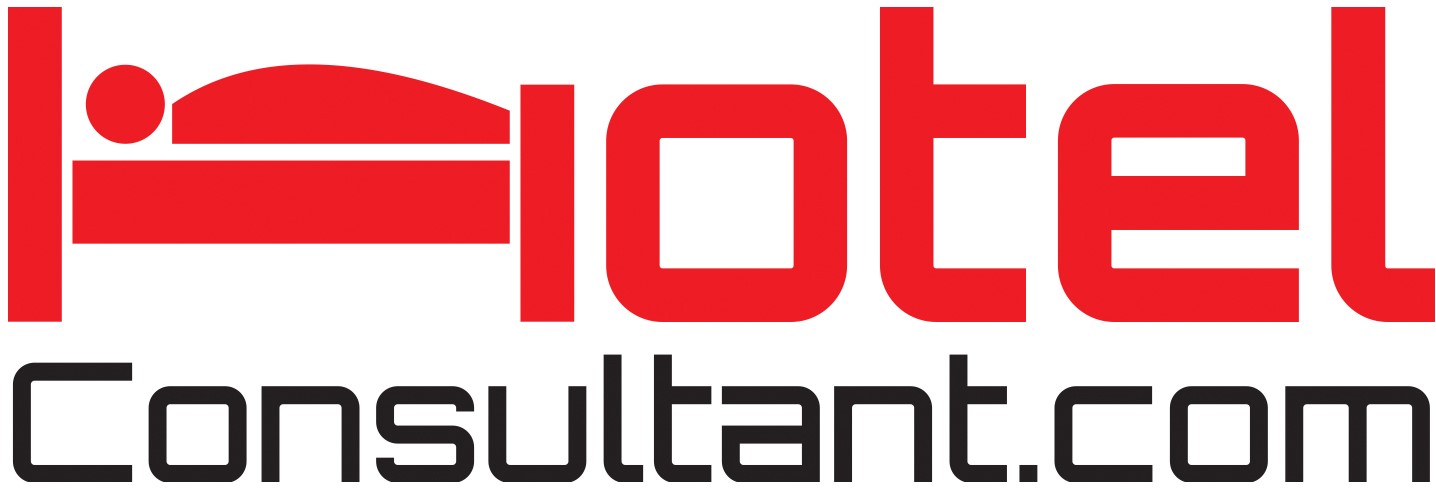 Author: Dr. Manus Ward │Head of Digital Strategy and Data Protection │Hotelconsultant.com is a qualified and experienced former hotel manager, culinary Olympic team manager and hospitality Head of School who is passionate about passing on the knowledge he gained from one of the few hotel digital strategy doctorates in the world to you the hotelier. Bonus: If you have any problems with this contact me (100% free) at manus@hotelconsultant.com or 086 8185829 on this or any aspect of your hotel’s digital strategy.
Author: Dr. Manus Ward │Head of Digital Strategy and Data Protection │Hotelconsultant.com is a qualified and experienced former hotel manager, culinary Olympic team manager and hospitality Head of School who is passionate about passing on the knowledge he gained from one of the few hotel digital strategy doctorates in the world to you the hotelier. Bonus: If you have any problems with this contact me (100% free) at manus@hotelconsultant.com or 086 8185829 on this or any aspect of your hotel’s digital strategy.
Why do we need to do this
Google have officially admitted that SSL and https certificates are a ranking factor. Click here to find out about SSL and https Certificates in relation to your hotel.
What does this mean
Google have stated that they want to make the internet more secure and therefore are encouraging all sites to have https (hypertext transfer protocol secure) with SSL (Secure Sockets Layer). This basically protects sites from being hacked and having security breaches. While Google will only admit some aspects of the search algorithm they have officially admitted this is one of the factors in order to encourage websites to take this up.
What do I do: More than likely your hotel will have a SSL certificate. To check this click on https://www.sslshopper.com/ssl-checker.html and do the following:

If you get this screen you need to renew your certificate.

If your certificate is out of date you can renew them for as little as US$4.99 at https://cheapsslsecurity.com/ so it is not an expensive problem to sort out.
Malware / phishing sites or legitimate sites that have been compromised:
What this means: Hackers may use malware software to capture user’s sensitive or private information. Phishing sites pretend to be legitimate sites in order to convince users to input usernames, passwords, bank details etc mostly for the purpose of fraud. Google warns users if these sites appear in search results. Some legitimate sites that have been compromised will have these warnings displayed dramatically reducing potential customer’s booking rates through risk avoidance.
What do I do: Check out your hotel’s site by clicking on https://www.google.com/transparencyreport/safebrowsing/diagnostic/?hl=en and doing the following:

If the following page appears, your hotel site is not on Google’s list of unsafe sites.

There are a vast range of reasons why your site could be listed as unsafe by Google and it is not possible to explain all the solutions here. If you receive anything other than “Not dangerous” like above contact me at manus@hotelconsultant.com.





